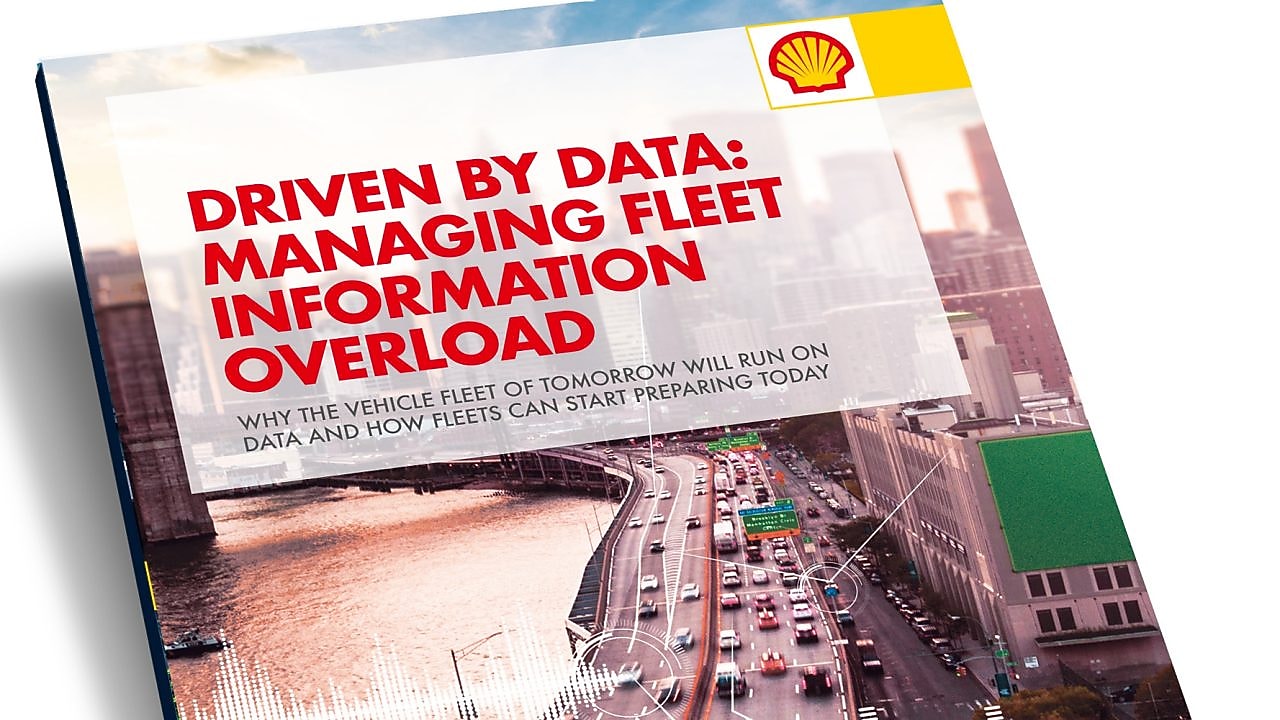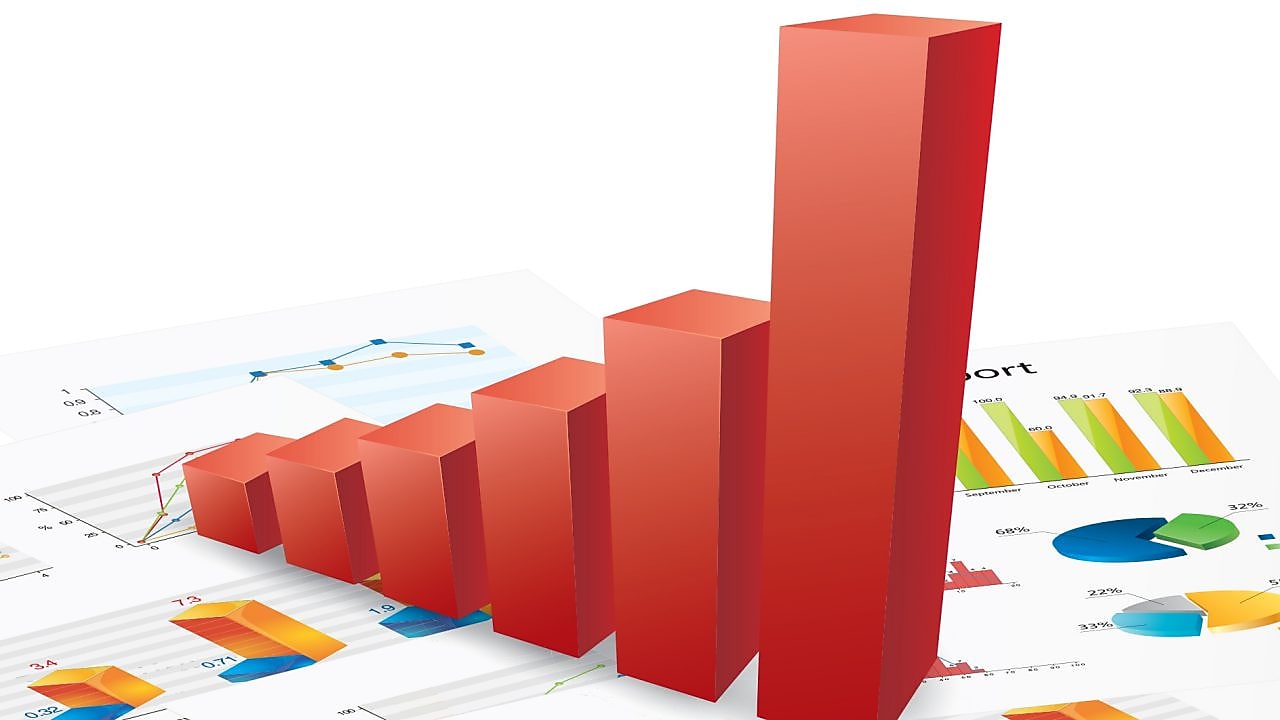
How to handle driver fraud
Driver fraud in fleets appears to be rife, but that doesn’t mean it’s an inevitable business cost. What can you do to stop your company becoming a victim?
By Paul Barker on Jun 11, 2019
Fraudulent behaviour from drivers is a huge problem for business, with over 90% of fleet managers believing their staff are committing offences[1]. But it’s not an inevitability, and changes in company culture and processes can have a real impact for very little cost.
Start with the information
Understanding the scale of the problem is the first issue, which comes down to how closely a business is monitoring fuel expenses, and where the responsibility for that lies.
For example, it may be that drivers are claiming mileage expenses, which lie in the human resources department, while the drivers themselves report to departmental or fleet managers. This can stop the right information getting to the right people.
Even if there is transparency, there is a question about what information is actually being requested and recorded.
“People can do a great job with fleet policy and make sure the correct cars are being given to the right drivers, but if they are not monitoring how the vehicles are being used, what fuel is going into the vehicle and relative fuel spend compared to the odometer reading then they are at the behest of the driver and relying on them to responsibly declare their actual business miles,” says top leasing company Alphabet’s mobility product manager, David Bushnell. “I’m not saying everyone does it, but the temptation is there.”
Understand driver psychology
It’s important to understand why drivers might be seeking to commit fraud with regard to their fuel expenses. It can come down to a couple of key factors; that company systems aren’t sophisticated enough for drivers to believe any extra claimed expense will be picked up, and the view that it is a victimless crime that provides drivers with a little unofficial bonus, potentially linked to the feeling that the fuel reclaim isn’t at a high enough level.
“Does the driver feel it is a fair reimbursement?” questions Bushnell, pointing out that for company car drivers, the Advisory Fuel Rates are set by HM Revenue and Customs on a quarterly basis, but can seem low in certain circumstances.
“HMRC’s view on fair reimbursement can be a difficulty in that is it a nationwide rate, regardless of where they are based, the local cost of fuel and the type of driving involved,” he says.
The HMRC figures are calculated by the car manufacturer’s average miles per gallon information for business car sales between 2012-14, minus 15% to allow for real-world driving. If drivers are falling close to the edge, or even outside of, this calculation they may feel the need to falsify mileage claims to get the reimbursement they feel they deserve.
Staff who do more driving in congested or even very hilly areas may find their fuel consumption is more than those covering more motorway miles, and perceive an injustice in the reimbursement rates.
HM Revenue and Customs says that the Advisory Fuel Rates are just that – advisory – and businesses are able to reimburse their drivers at a higher or lower rate if they deem it appropriate.
“You can use your own rates which better reflect your circumstances if, for example, your cars are more fuel efficient, or if the cost of business travel is higher than the guideline rates,” says HM Revenue & Customs’ website.
“If you pay rates that are higher than the advisory rates and can’t demonstrate the fuel cost per mile is higher, there is no fuel benefit charge if the mileage payments are solely for miles of business travel. Instead, you will have to treat any excess as taxable profit and as earnings for Class 1 National Insurance purposes.”

Put in place good processes and monitor them
“There is a temptation to round up mileage or guestimate, if drivers are not using navigation or a sophisticated recording system then it’s very easy to round up numbers,” says Bushnell.
“Examine as a minimum what you are recording and who is keeping it. At a minimum, drivers should be recording postcode-to-postcode, the reason for the journey and who they met,” he says.
But asking drivers for the information is one thing, but they need to understand that it will be scrutinised. “It doesn’t need to be any more than Excel, but if you are using a simple system, when was it last audited?” says Bushnell. “It comes down to pointing out a driver’s responsibility to report accurate mileage, and understand that you will do random audits.”
Think carefully about sanctions
But if your drivers are still inclined to cheat the system and are caught, what should companies do? Fraudulent claiming of expenses is not, in isolation, likely to be seen as a fair basis for dismissal.
Writing in their company blog, Nicola Mullinuex, employment law researcher at HR experts Peninsula Business Services, advises that a number of variables would need to be taken into account, including length of service, previous disciplinary record and warnings, and the amount of money that has been wrongly claimed.
“If all of the above were in the employee’s favour, a fair dismissal for a first offence would have to be so serious that it made continued employment untenable,” she says, warning that such misconduct dismissals are rare.
“Evidence of alleged breaches are key so having the correct paperwork, in this case it may be receipts, or mileage counters, or other proof that what would have been claimed is not equal to expenditure, would substantiate any action taken.”
But she warns that, even if dismissal is not appropriate, fuel fraud isn’t something that should be swept under the carpet, and action could range from an informal conversation to formal disciplinary procedures.
“It must be addressed with this particular employee so that he stops doing it, and also to send a message to other employees that fraudulent claiming of expenses is not acceptable,” says Molineux.

